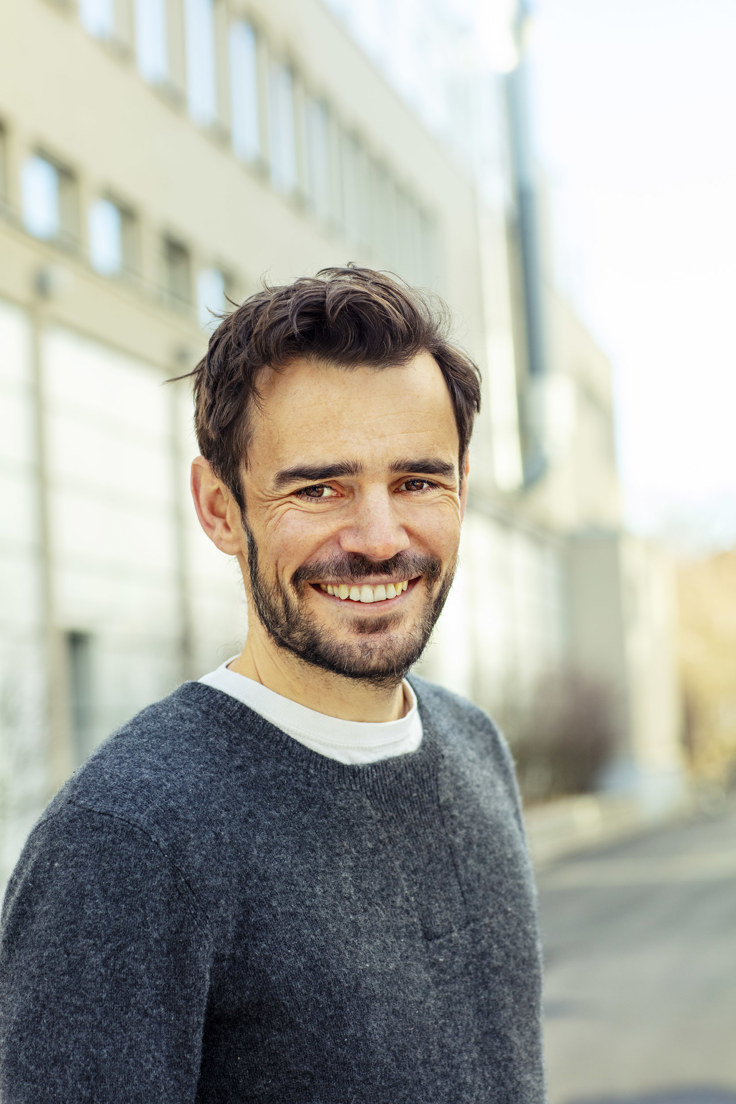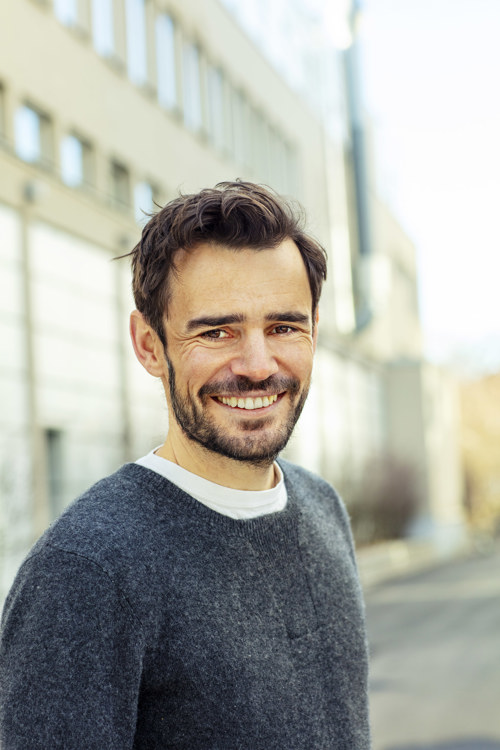Meet Espen Prydz – our new doctoral research fellow
News
|Published
After many years as an economist at the World Bank, we are pleased that Espen Beer Prydz will pursue his academic career as a doctoral research fellow at CeFH. His research will focus on the effects of severe illness on the family.
This news article is older than 30 days and the information may be outdated
Go to the home pageEspen holds a bachelor's degree from the London School of Economics and a master's degree from Harvard University. He has worked with the World Bank in various countries on poverty analysis and household survey design. In recent years, he has led research to advance methodologies for measurement of global poverty, inequality and child malnutrition indicators.
- I am interested in the linkages between health and living standards, a research area where CeFH is uniquely positioned. Moreover, I am excited about the opportunity to work with Norway’s rich register-based data which I think offers an unparalleled opportunity for rigorously identifying causal relationships and answer important research and policy questions, says Espen.
Espen’s research will be linked to the SickFam project, with Jonas Kinge as supervisor. In his new role, he plans to conduct research on effects of severe illness, particularly with respect to human capital and labour market outcomes.
- We are excited to welcome Espen to the centre. Espen has a uniquely strong and relevant background. He is enthusiastic, full of ideas and outgoing. This will make him an asset for the centre and the Norwegian Institute for Public Health, says Jonas.
About the SickFam project
There has been a growing awareness that serious illness in one family member may have a significant impact on other individuals within the family. According to the OECD, the probability of being in poverty in the U.S. is 50% higher among families who have a disabled child than among families that do not have a child with disabilities. Not only might it have economic implications, it can also have profound health effects. Read more about the project.

